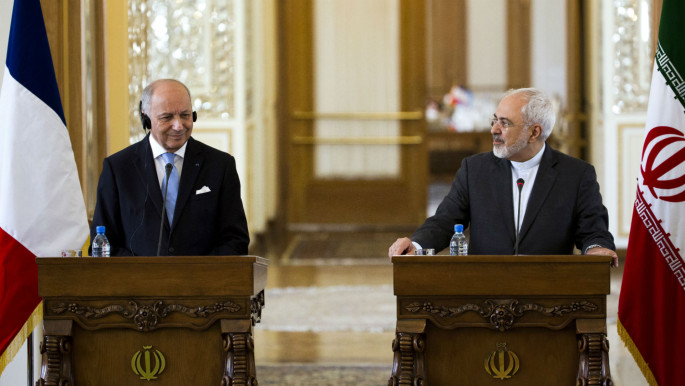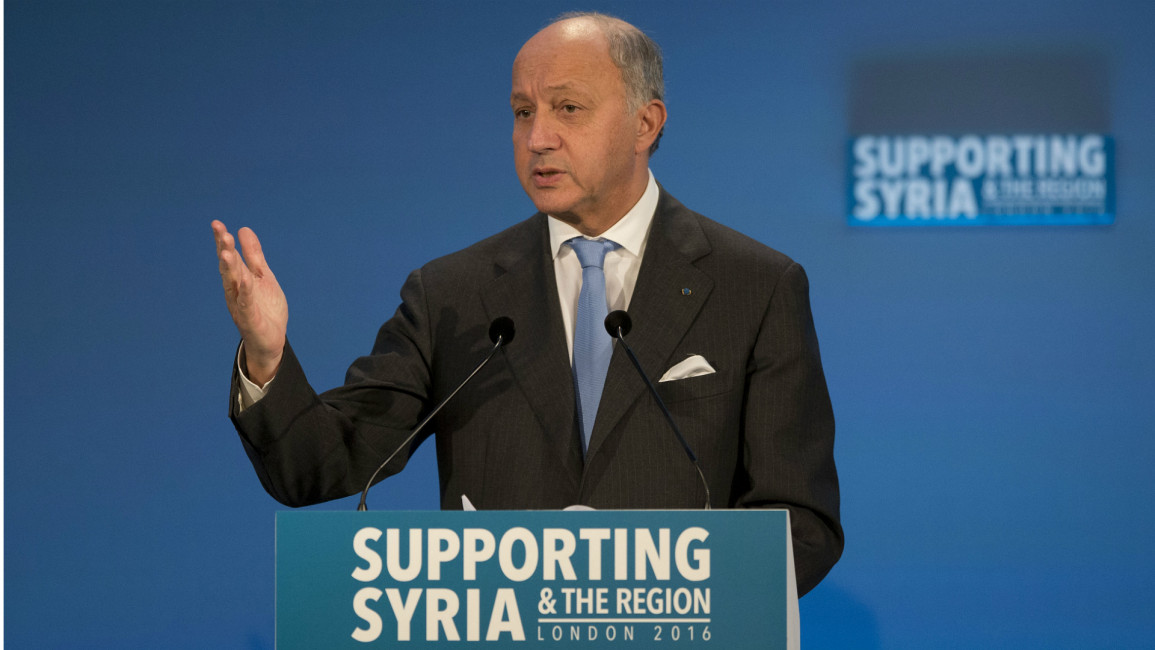French Foreign Minister Fabius to leave government
Fabius, whose departure has long been rumoured, replied "yes" when journalists asked if he was taking part in his final cabinet meeting on Wednesday.
The 69-year-old, who was France's youngest ever prime minister when he took the role aged 37 in 1984, is expected to take up a position as head of France's Constitutional Court.
He was widely praised for his role overseeing the UN climate negotiations in Paris in December.
Fabius has also played a prominent role in talks surrounding the Syria crisis.
He told iTele television on Wednesday his one regret was that "the world didn't follow" France's position on Syria.
Paris was pushing for a military intervention with the United States against Syrian President Bashar al-Assad's regime during the summer of 2013.
"We should have had taken action," Fabius said.
France went on to launch its first air raids against Islamic State militants in Syria in September last year, with Fabius warning that Assad could not play any role in a political transition, because this would not be credible to the Syrian people after so many deaths at the hands of his government.
 |
|
| Fabius (l) was a key figure during the Iran talks [Getty] |
But later in December, the French minister changed his stance - saying that he no longer believed Assad's departure was necessary before any political transition in Syria.
"A united Syria implies a political transition. That does not mean that Bashar al-Assad must leave even before the transition, but there must be assurances for the future," he said.
Despite his changing positions on the Syrian leader, Fabius had warned that the Syrian conflict could turn into a wider "religious" war.
"When you see a conflict which at first was a civil war, becoming a regional war involving international powers, Russia, Iran, the US, the risks are serious," he said late last year.
"The most terrifying risk is that the conflict becomes religious: If you have Shia populations on one side with their allies, and Sunni populations on the other side with their allies, it is an inferno which can be extremely dangerous."
Fabius also voiced France's tough position during the nuclear negotiations with Iran, and his international stature soared last December when the UN climate conference in Paris reached an agreement.
Fabius' successor has not yet been announced, but a government reshuffle is expected in the coming days.



